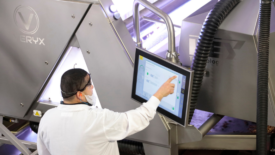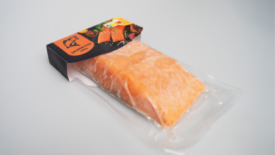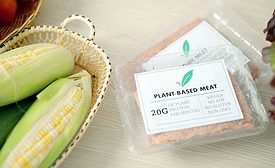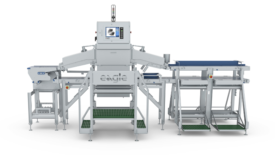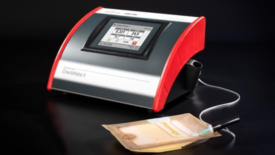Process Control
Promising Practices are Being Used to Tackle PFAS in Food Packaging
Packaging suppliers, brands, retailers, and post-consumer package waste handlers are focused on adding value by mitigating PFAS in packaging
December 12, 2023
Food Safety Versus the Green Transition
New microbial and chemical risks come with the greater incorporation of plant-based raw materials into human diets and the introduction of reusable packaging
December 12, 2023
Never miss the latest news and trends driving the food safety industry
eNewsletter | Website | eMagazine
JOIN TODAY!Copyright ©2025. All Rights Reserved BNP Media.
Design, CMS, Hosting & Web Development :: ePublishing




